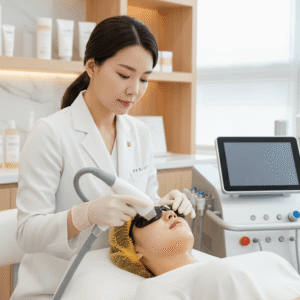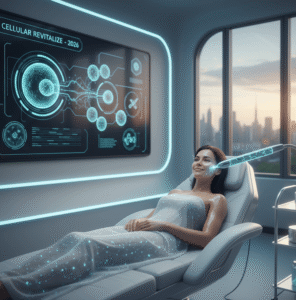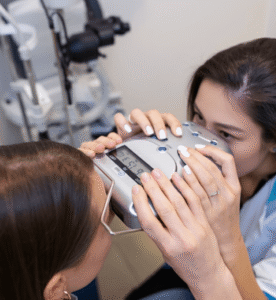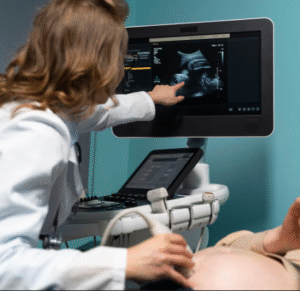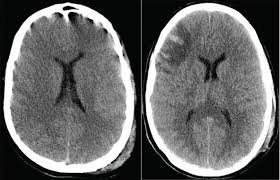Overview
Amnesia is a condition characterized by partial or complete loss of memory. It can affect the ability to recall past experiences (retrograde amnesia) or form new memories (anterograde amnesia). Amnesia results from brain injury, disease, psychological trauma, or other neurological conditions.
What is Amnesia?
Amnesia is the impairment of memory caused by damage or disruption to brain areas responsible for storing and retrieving memories. It may be temporary or permanent and can vary in severity. Amnesia is not a disease itself but a symptom of underlying brain dysfunction.
Symptoms
- Memory loss of recent events or past experiences
- Difficulty forming new memories
- Confusion or disorientation
- Repetitive questioning due to forgotten information
- Trouble recalling personal information
- In severe cases, loss of identity or confusion about surroundings
Causes
- Traumatic brain injury (TBI)
- Stroke or brain hemorrhage
- Neurodegenerative diseases (e.g., Alzheimer’s disease)
- Brain infections (encephalitis, meningitis)
- Psychological trauma (dissociative amnesia)
- Substance abuse or overdose
- Certain medications affecting the brain
- Oxygen deprivation to the brain (hypoxia)
Risk Factors
- History of head injury
- Age-related cognitive decline
- Alcohol or drug abuse
- Brain infections or tumors
- Psychological stress or trauma
- Exposure to neurotoxic substances
Complications
- Difficulty maintaining daily activities due to memory loss
- Increased risk of injury from confusion or disorientation
- Emotional distress including anxiety and depression
- Social withdrawal and impaired relationships
- Dependence on caregivers for daily functioning
Prevention
- Wear protective gear to prevent head injuries
- Manage cardiovascular health to reduce stroke risk
- Avoid excessive alcohol and drug use
- Seek timely treatment for infections or neurological symptoms
- Manage stress and mental health proactively
Treatment Options in Korea
South Korea offers advanced neurological and psychiatric care for amnesia, including:
Diagnostic Services:
- Brain imaging (MRI, CT scans)
- Neuropsychological assessments
- Electroencephalogram (EEG) for brain activity analysis
Medical Treatment:
- Addressing underlying causes (e.g., infections, stroke)
- Medications to improve brain function and manage symptoms
- Cognitive rehabilitation therapy to improve memory and daily functioning
Psychological Support:
- Counseling and psychotherapy, especially for dissociative amnesia
- Support groups and patient education
Rehabilitation Programs:
- Memory training exercises
- Occupational therapy to assist with daily living skills


